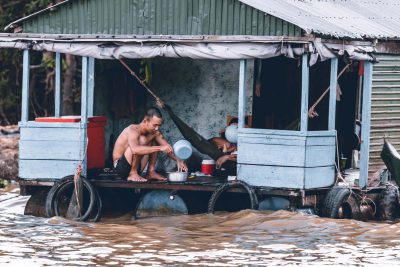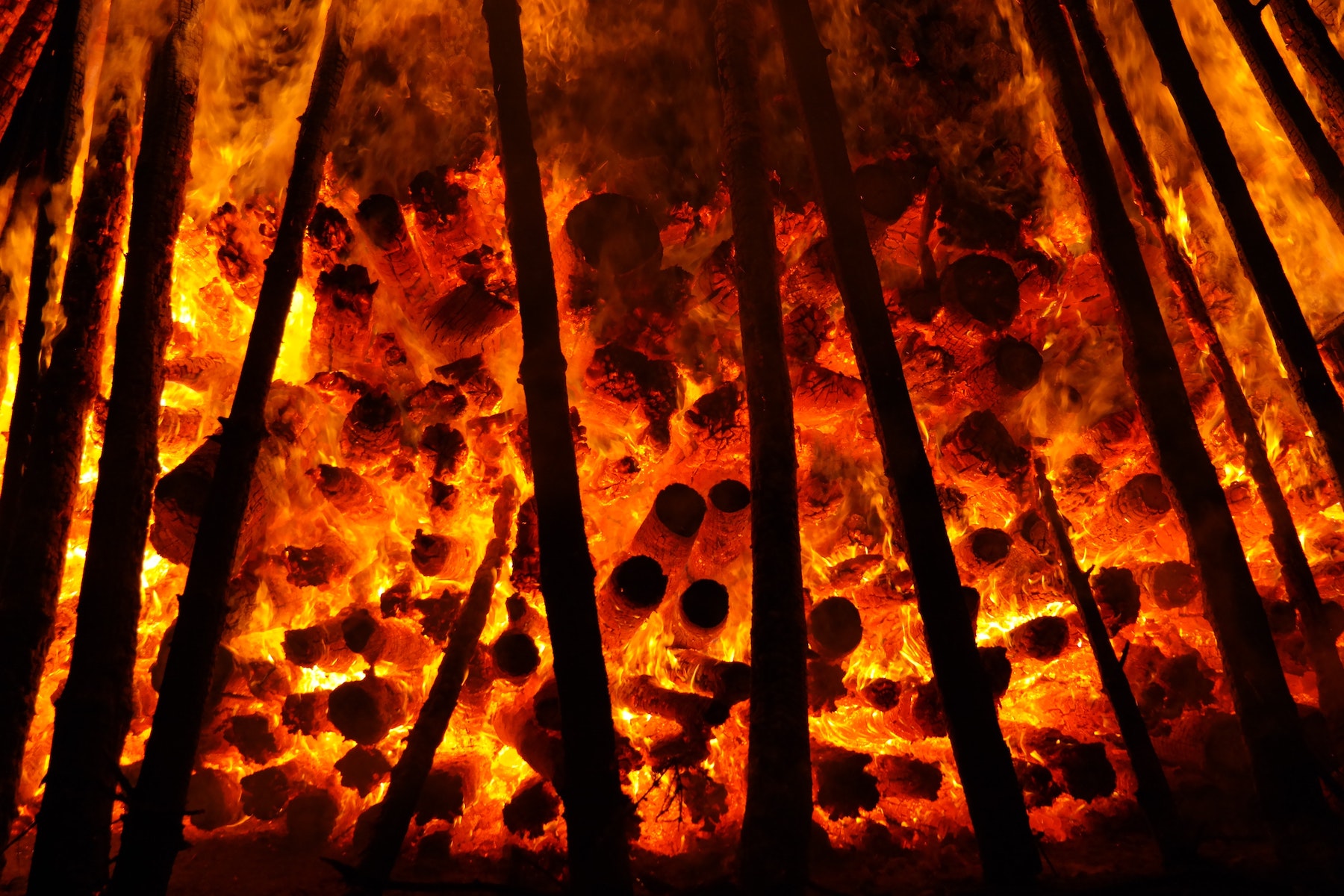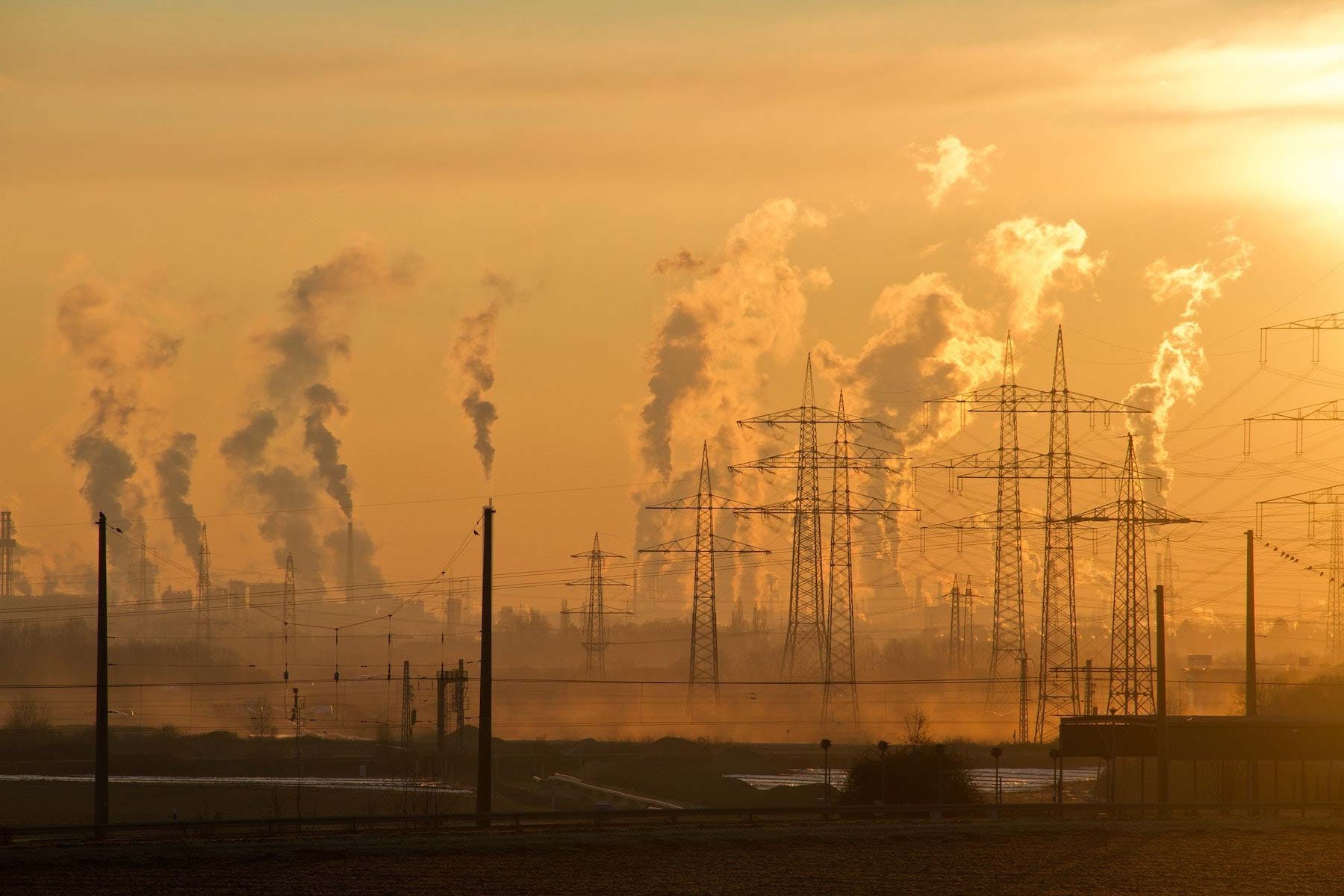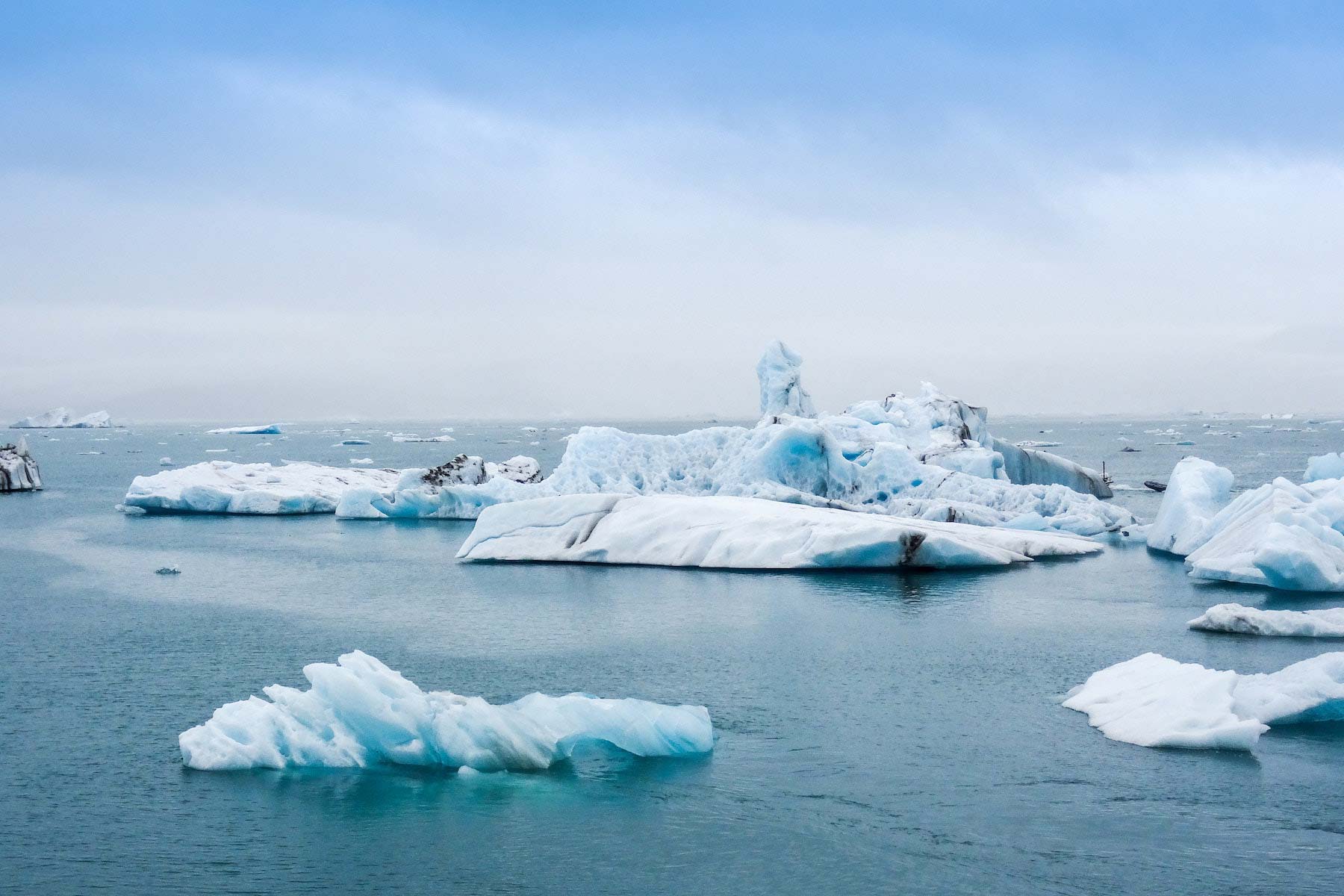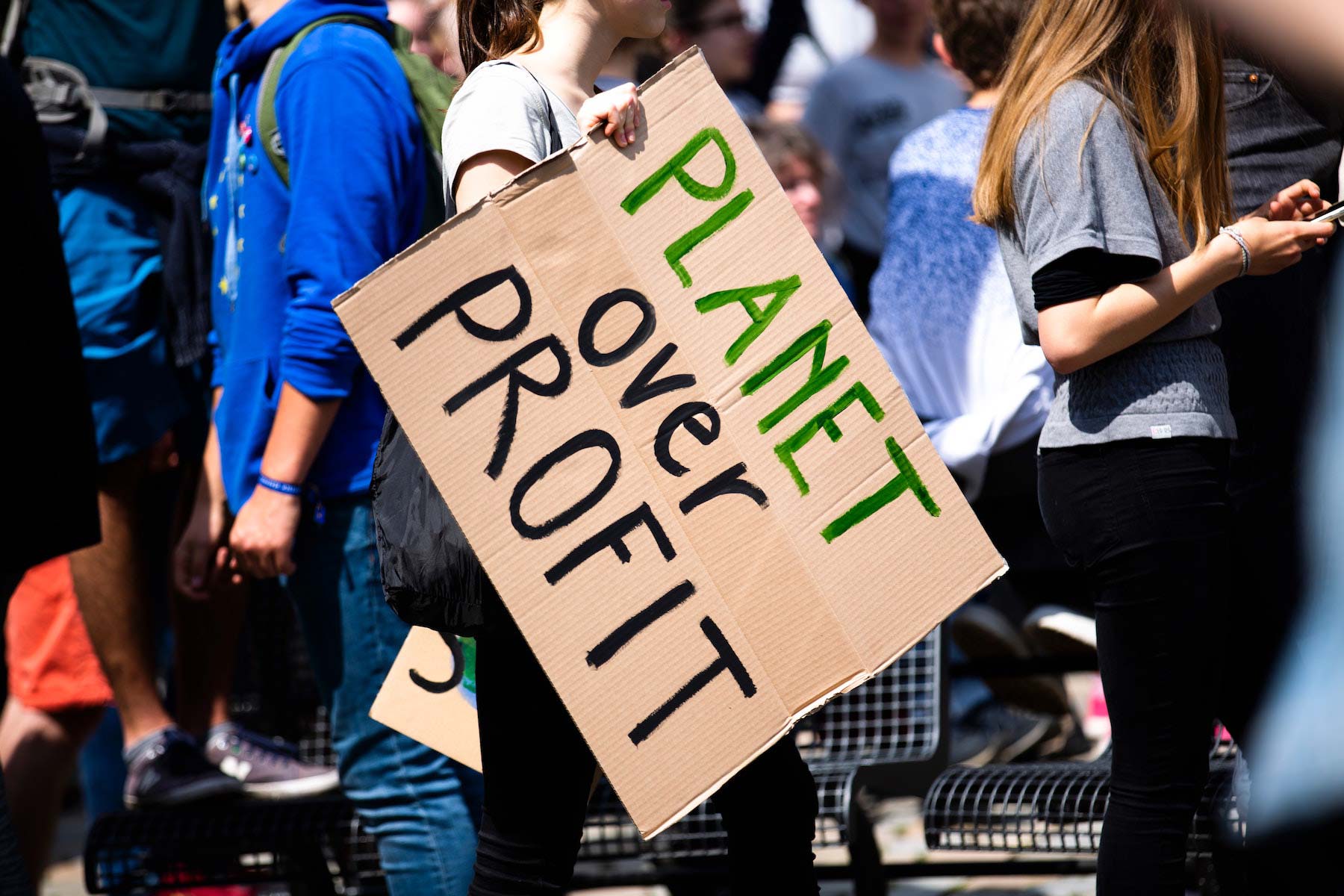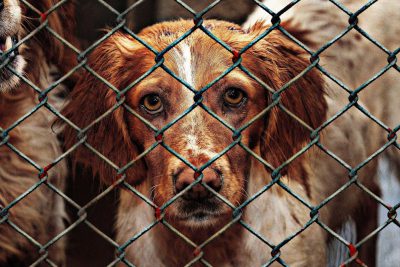Estimated reading time: 7 minutes
The planet is hotter now than it has been for at least 12,000 years, a period which spans the entire development of human civilization. Researchers from Rutgers University–New Brunswick in the US say this puts us in “uncharted territory” and that, in fact, this could still be an underestimate. It’s possible, they say, that Earth could be the hottest it has ever been in 125,000 years, since the last warm period between ice ages. So, what has caused our planet to warm so much? How bad is it? And what do we need to do to protect ourselves, our homes and our future?
What Is Climate Change?
Life as we know it is only possible because of a natural phenomenon called “the greenhouse effect”. This is caused by certain gases in the atmosphere (“‘greenhouse gases”) trapping some of the sun’s warmth, making our planet hospitable. But, atmospheric concentrations of these gases are rising rapidly because of the way humans live, eat and treat the natural world, and that means global temperatures are rising too. The 10 warmest years on record have all occurred since 1998, and 9 of the 10 have occurred since 2005. The data leaves no room for doubt. Our planet is heating up.
How Climate Change Can Be Measured?
To get a complete picture of Earth’s temperature, scientists combine measurements from the air above land and the oceans’ surface, which is collected by ships, buoys and sometimes satellites.
The data is collated by the UK Met Office, the Japan Meteorological Agency, NASA, and the National Oceanic and Atmospheric Administration. Together, they form a comprehensive picture of rising global temperatures.
Causes Of Climate Change
Some natural events cause the climate to change but human activity is thought to be responsible for around 100 percent of the warming observed since 1950.
Climate Change By Natural Causes
Volcanic activity which releases carbon dioxide into the atmosphere, variations in the tilt and orbit of the Earth around the sun, and fluctuations in the amount of radiation from the sun cause a very small proportion of the warming.
Human Causes Of Climate Change
This is where the real drivers of climate change lie. The main problems are that we:
- burn fossil fuels (coal, oil and gas) when we fly, drive petrol or diesel cars, heat or cool our homes with non-renewable energy, and in the manufacture of all the thousands of things we buy in our lifetimes
- eat farmed animals or consume their milk or eggs
- cut down trees to create pasture for farmed animals, or to grow feed for animals in farms around the world, as well as for wood
- dump waste in landfill, which decomposes and releases methane into the atmosphere
Who Is The Biggest Contributor To Climate Change?
By sector, electricity and heat production tie as the lead emitter with agriculture, forestry and land use, then comes industry, transportation and buildings. Animal agriculture produces 14.5 percent of all human-generated greenhouse gas emissions, which is why our food choices play such a key role in the health of our planet.
In terms of countries, the top carbon polluter is China, followed by the United States, India, Russia and Japan. But, these are large or densely populated countries, so when we look at the per capita contribution to climate change, this list changes. Under these terms, the top five polluters are: Saudi Arabia, Kazakhstan, Australia, the United States and Canada. This is not, however, a blame game, and almost every person in every industrialized country is contributing to climate breakdown.
How Is Climate Change Affecting People?
The effects of climate change are all around us – in the changing temperatures, the floods and forest fires. It’s in the rising sea waters, the erosion of coastlines and the displacement of people. All of these will worsen if we continue on our current trajectory of massive over-consumption, and the threat to our lives and livelihoods will only increase.
Extreme Weather
Extreme weather events are becoming both more frequent and more serious. Heatwaves, droughts, torrential rain and flooding are already having a significant impact. In 2018, more than 1,000 people in Japan died in an unprecedented heatwave, with scientists attributing this specifically to climate change. Heatwaves can lead to wildfires which burn homes, destroy communities, and threaten lives – both human and non-human.
Air Pollution
Changes in climate can impact local air quality. Atmospheric warming could increase ground-level ozone in many regions. Breathing in ozone can trigger a variety of responses, such as chest pain, coughing, throat irritation, and airway inflammation. It also can reduce lung function and harm lung tissue, and worsen bronchitis, emphysema, and asthma.
Increase Health Risks
With rising temperatures, more people will suffer heat cramps, heat exhaustion, and heat stroke, while prolonged exposure to heat can exacerbate cardiovascular, respiratory and kidney diseases, diabetes, and increase the chance for strokes. Warmer temperatures can also cause the pollen season to be longer which can result in more allergy and asthma attacks. And in some parts of the world, we are already seeing climate change exacerbating the spread of serious disease including ebola.
Rising Ocean Temperature And Causing Acidification
The ocean absorbs about 30 percent of the carbon dioxide that is released into the atmosphere, and this results in it becoming more acidic. Ocean acidification is already impacting many aquatic species, including oysters and corals. If this trend continues, scientists say their shells and skeletons could even dissolve.
Acidification also impacts the ability of some fish, like clownfish, to detect predators or to find suitable habitats. When these animals are at risk, the entire food web is jeopardized.
Melting Glaciers And Rising Seas
The Arctic’s permafrost holds an estimated 1,500 billion tonnes of carbon, which is double the carbon in the atmosphere, and three times as much as is stored in all the world’s forests. When glaciers melt, the carbon locked away in them is released, which creates a dangerous feedback cycle. Already, the polar ice caps are melting six times faster than in the 1990s.
Plus, melting glaciers causes sea levels to rise. This leads to flooding, the erosion of coastlines and the loss of coastal communities. The Intergovernmental Panel on Climate Change predicted global sea levels will rise by 53cm by the year 2100 but new analysis suggests that it could be as much as 70cm.
Unbalancing Ecosystems
The Arctic ecosystem is particularly vulnerable to climate change. Polar bears, narwhals, and walruses are all native to the Arctic, but as the ice melts, they may have to adapt to a new way of life, or risk dying out altogether.
World Wildlife Fund (WWF) scientists have estimated that most species on this planet (including plants) will have to “move” faster than 1,000 metres per year if they are to keep within the climate zone which they need for survival. Many species will not be able to redistribute themselves fast enough to keep up with the coming changes. The Earth’s sixth mass extinction is underway and human-caused climate change – along with human-caused pollution, hunting and habitat destruction – is driving it.
How Can We Prevent Climate Change?
Researchers at Lund University in Sweden conducted a comprehensive study to find out the most effective things we as individuals can do to mitigate our own climate impact. They concluded there were four key actions: we can eat a plant-based diet, live car-free, avoid air travel, and have fewer children.
Check out WWF’s Carbon Footprint Calculator to see if your lifestyle falls within your own carbon budget and where you might be over-spending.
Conclusion
Human activity, particularly over the past 200 years, has had a wide-ranging and devastating impact on the Earth, and it shows no signs of slowing. We can and should lobby governments and industries to develop and act on policies that will reduce greenhouse gas emissions, but there is also much we can do as individuals, with the single biggest thing being to go vegan. That’s the conclusion of Oxford University researcher Joseph Poore who conducted the most comprehensive study into the effects of dietary choices on the environment to date. He was so shocked by his own research, he became vegan.
Want to try eating a plant-based diet for the planet? Let us help you.
